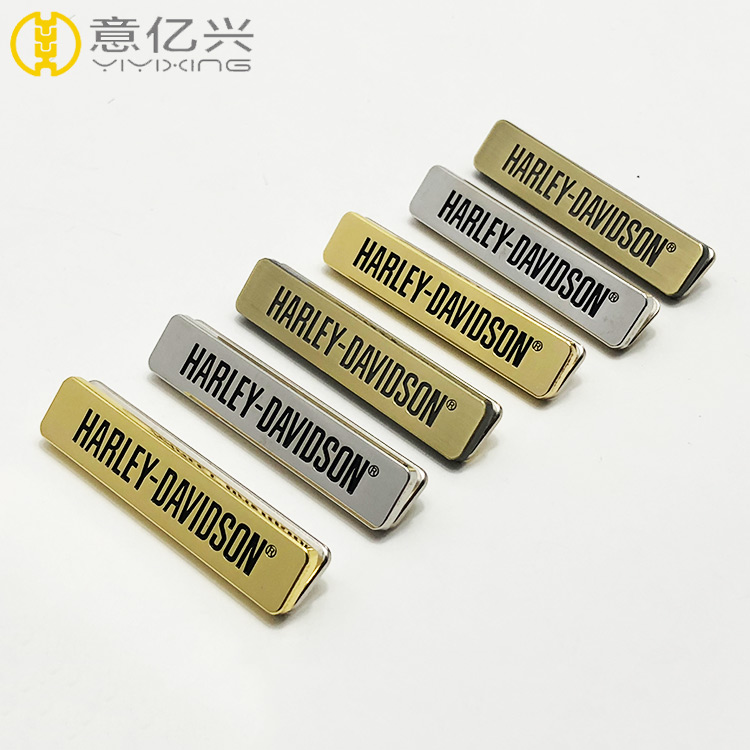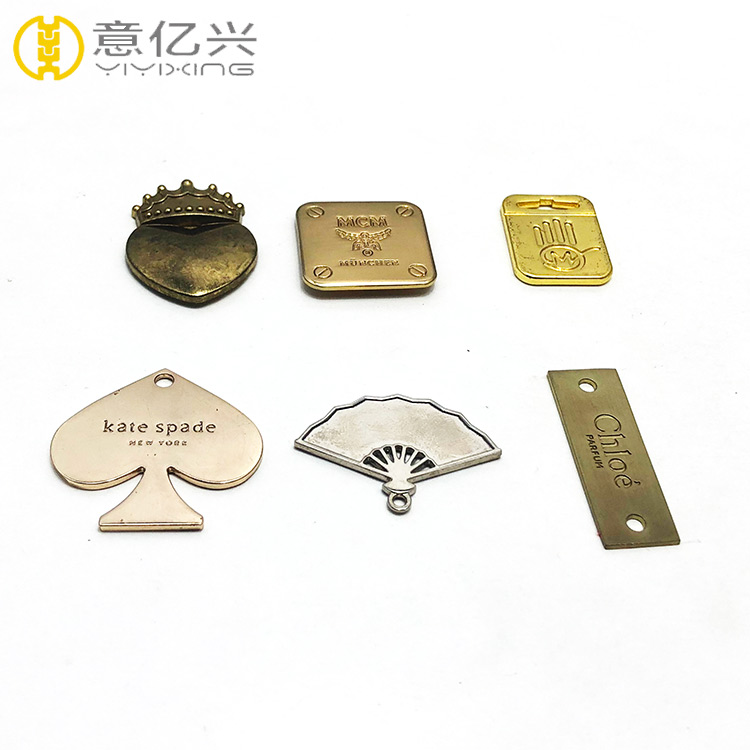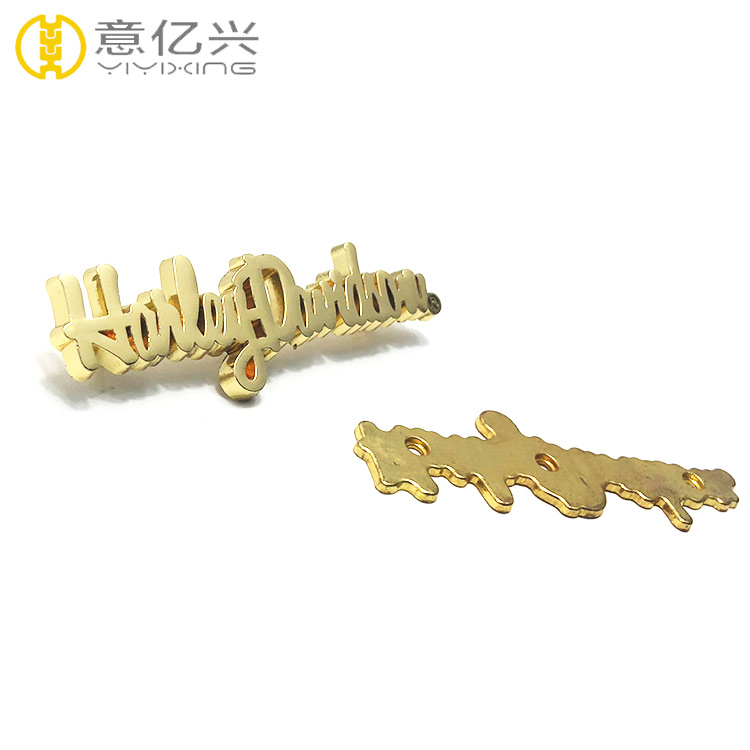Keywords: UV curing, wrinkle ink, screen printing
I. Introduction
Screen printing has a wide range of applications, low plate-making costs, strong adaptability, strong three-dimensional impression of printed products, etc. At present, it has been recognized internationally as the fourth modern printing method parallel with flat, convex and concave. Because screen printing has unique quality and unique printing effect, it is known as “universal printingâ€. With the rapid growth of China's commodity economy and the diversified development of printing technology, packaging and printing has emerged from simple commodity protection and introductory functions. It is using its special printing effects to improve the quality of commodity packaging and increase the value of goods. , Color, therefore, packaging and decoration printing in the entire printing output of the market share from the initial 20%, to the current 70% or so, in the printing industry in China's primary position. Photocuring UV imitation metal wrinkle (skin) ink came into being in this trend. The ink is the use of ultraviolet energy, so that the link material in the ink oligomerization crosslinking reaction, from liquid to solid state curing The substrate surface finishes the drying of the ink. Due to the photocuring UV imitation metal wrinkle (skin) ink has a beautiful print, full ink film, strong three-dimensional sense, high production efficiency, less environmental pollution, ink film friction, solvent resistance, heat resistance and good visual effects. It is suitable for the needs of the current packaging printing, will be widely used in the field of packaging and printing.
Second, the composition of light-curing UV imitation metal wrinkles (skin) ink
Photocuring UV imitation metal wrinkles (skin) ink composition: oligomers, diluents, photoinitiators and additives.
Oligomer
Oligomer in the role of light-cured UV imitation metal wrinkle (skin) ink is equivalent to the resin in the general ink, usually using the following: 1 unsaturated polyester; 2 epoxy acrylate 3 urethane acrylate; 4 Poly acrylate; 5 Polyether acrylate; 6 Poly acrylate. Performance of oligomers are shown in Table 1. According to different performance requirements, one or more oligomers can be selected and used.
2. Active diene
Reactive diluent can not only adjust the viscosity of the system, but also adjust the performance and curing speed of the ink film after curing. Reactive diluents are divided into multiple functionalities (monomer containing two or more double bonds, such as trimethylolpropane triacrylate. ) and monofunctional (iso-octyl acrylate) two types, diluent functionality on the system viscosity, curing speed, curing ink film have an impact, Xiang table 2 .
3. Photoinitiator
Photocuring UV is based on the photoinitiator to absorb radiation energy to form free radicals, initiating photocrosslinking reactions of monomers and oligomers, forming a network structure of high-molecular polymers, so that the liquid quickly becomes a solid. Therefore, the performance of the photoinitiator plays a direct and critical role in the curing rate of the system. Photocuring UV photoinitiators are divided into two types: homogenous and hydrogen-extracting types. The hydrogen-extracted photoinitiators are usually used in combination with sensitizers. Commonly used sensitizers are tertiary amine compounds. The commonly used photoinitiators are listed in table 3.
Table 1 UV curable UV imitation metal wrinkle (skin) ink commonly used oligomers
Type Curing Speed ​​Tensile Strength Flexible Chemical Resistance Not YellowEpoxy acrylate is very good
Polyurethane acrylate adjustable adjustable
Poly acrylate adjustable adjustable good
Polyether acrylate adjustable low
Polyacrylate is slow and extremely good
Unsaturated polyester is not good or bad
Table 2 Effect of Diluent Functionality on Curing Performance
Functional groups increase - + - + - - + + +
Table 3 Photoinitiators commonly used for UV curing UV inks
Benzophenone BP 260 370 is inexpensive and has a superior surface-drying effect in combination with tertiary amines. Odor, volatile
α-Hydroxyisopropyl benzophenone 1173 320~335 370 is not yellowish, has good thermal stability, and has high photoinitiation efficiency. It can be used for evaporation of large paper, plastics, and metal varnish.
α-Hydroxycyclohexyl benzophenone 184 325~330 370 is not yellowish, has good thermal stability, and has high light-induced efficiency. Paper, plastic, and metal varnish
2(4-Methylthiobenzoyl)-2-morpholinopropane 907 320~325 385 Wide range of spectroscopic reading, high UV absorption, odor, pan-beige, high price, gravure, silk screen, flexo Ink
What is metal tag?
Metal Tags are increasingly used in various fields of modern society, and are widely used in electronic products, household appliances, machinery and civil products. Metal Tags Engraved, acrylic signs, crystal signs, slate signs, PVC signs, plastic signs and other Metal Tags Custom are mainly produced with copper, iron, aluminum, zinc alloy, titanium, stainless steel, etc., through stamping, die-casting, etching, printing, enamel , Imitation enamel, baking varnish, gluing, electroplating and other processes.
Metal Tag is produced through different manufacturing processes and used for different purposes. Products include nameplates, badges, badges, medals, key chains, hat badges, hat clips, wallets, commemorative coins, craft logos, cufflinks, photo frames, mobile phone belts, tie clips, belt heads, labels, bottle openers, etc.


The most common shape of Metal Tags Engraved is rectangular, and other shapes can also be customized, such as square, fan-shaped, heart-shaped, etc. The following is a special hollow Metal Name Tag.

Welcome to order different Metal Tags Custom!
Metal Tags,Metal Name Tag,Metal Tags Custom,Metal Tags Engraved,Metal Tag Custom
Shenzhen Yiyixing Zipper Manufacture Co.,Ltd , https://www.yyxzip.com